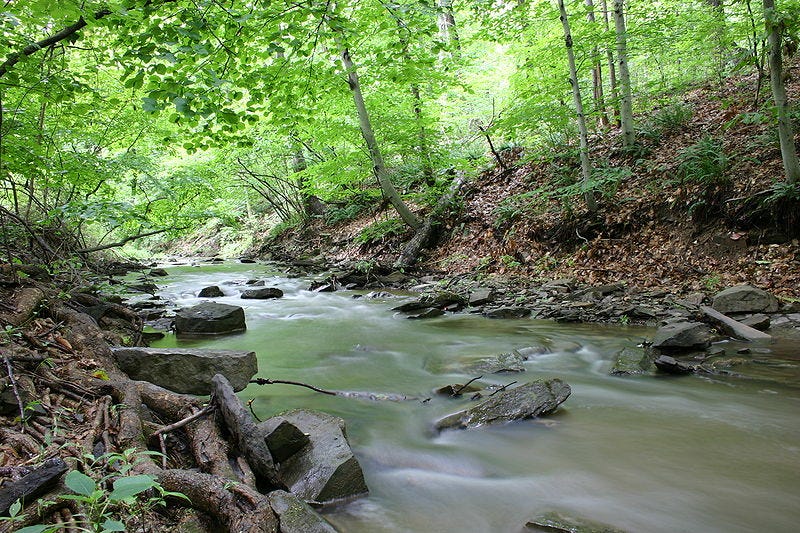Biospheric Cognition
and biospheric awakening

If we are going to nurture into being an ecological civilization, or an ecological culture, we’re going to require what in this writing I will call “biospheric cognition”.
Cambridge Cognition offers a limited and insufficient first stab at defining cognition here.:
“Cognition is defined as ‘the mental action or process of acquiring knowledge and understanding through thought, experience, and the senses.'”
This is almost a fully adequate account of cognition, because it includes ‘understanding’ with knowledge. But it fails to give an appropriate place to invention and innovation in thought and understanding — because it doesn’t mention these.
Biospheric Cognition is a radical innovation in human cognition which is emerging now, and could only have emerged and evolved in our time in history. It could not have emerged or evolved in the ancient world, or before modernity, because the sciences which enable biospheric cognition to fully realize itself didn’t exist then.
“The term “biosphere” was coined in 1875 by geologist Eduard Suess, who defined it as the place on Earth’s surface where life dwells.” – Wikipedia, Biosphere
That we live within ecosystems has been well known by traditional people for a very, very long time, since a time even more ancient than ancient civilizations. But even the word and concept of ecology is modern. Modern (and postmodern, amodern, etc.) ecology is a particular kind of knowledge and knowing, and it differs from other-than-modern conceptual schemas. But this hardly means that non-modern people lacked ecological insight or wisdom. It was just different in the premodern and nonmodern context.
We now know things about our world which were not possible to know until recently in history. We know how the atmosphere relates to the ecosystems and the biosphere in a very rich and complex way which would not have been possible even two hundred years ago, or even a hundred years ago.
…click on the above link to read the rest of the article…